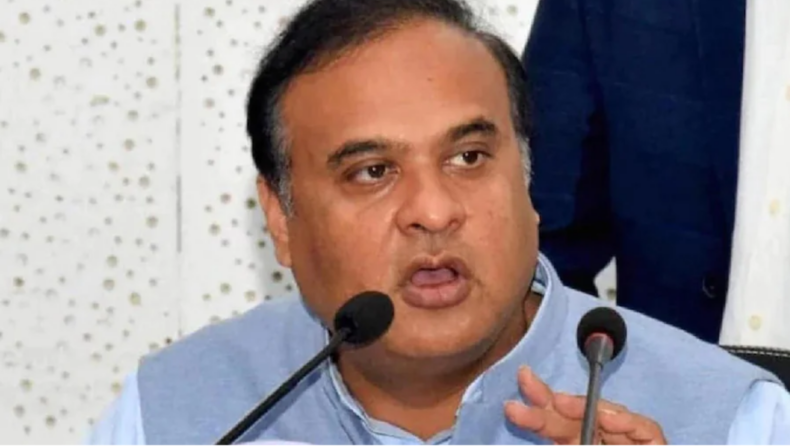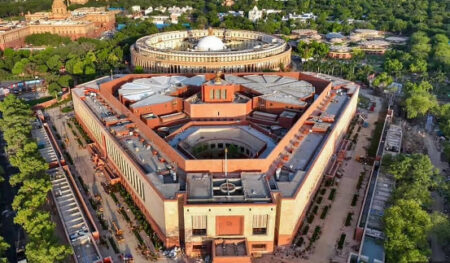Hindu marriage and inheritance laws should be replaced with a single civil code, according to the chief minister of Assam on Sunday, criticizing regulations that enable Muslim men to have four wives and other religious restrictions.
In order to avoid upsetting India’s Hindu majority, as well as its Muslim and Christian minorities, successive administrations have refrained from implementing such a code of conduct since its inception.
The Hindu nationalist party of Prime Minister Narendra Modi and its hardline affiliates, on the other hand, want to roll out the code in select states first to measure the intensity of any response before implementing it throughout the country.
Assam chief minister and a key member of Prime Minister Narendra Modi’s governing Bhartiya Janata Party stated, “A majority of Muslim people that I have met want a common civil code.” “A uniform civil code is something that the majority of Muslim people that I have met desire,” Sarma added (BJP).
In an interview with Reuters, he said that “no Muslim lady wants her husband to marry three to four wives… simply ask any Muslim woman and she would confirm what I am saying. “More over 30 percent of Assam’s population of about 34 million people is comprised of members of the Muslim faith.
All citizens will be treated equally under the code, which is intended to integrate and implement personal laws. It will apply equally to all people regardless of their religion, race, gender, or sexual orientation .Marriage, divorce, and inheritance are currently controlled by a variety of religious norms, which vary from one another.
Sarma said that he supported the law because it will put a stop to regressive religious-based regulations and empower Muslim women who are unable to fight polygamy in the courts.Criticism of the code, which has appeared in certain BJP election manifestos, claims it is part of the party’s attempts to deliver on its agenda while also boosting anti-Muslim sentiment in the country.
“There is no need for the government to dispute Islamic religious practices,” said S M Siddiqui, a professor of Islamic studies in Mumbai, India’s financial hub. “There is no need for the government to debate Islamic religious practices.””We are not opposed to some of the regressive customs practiced by Hindus,” said the group.
Published By- Supreeti Ghosh













